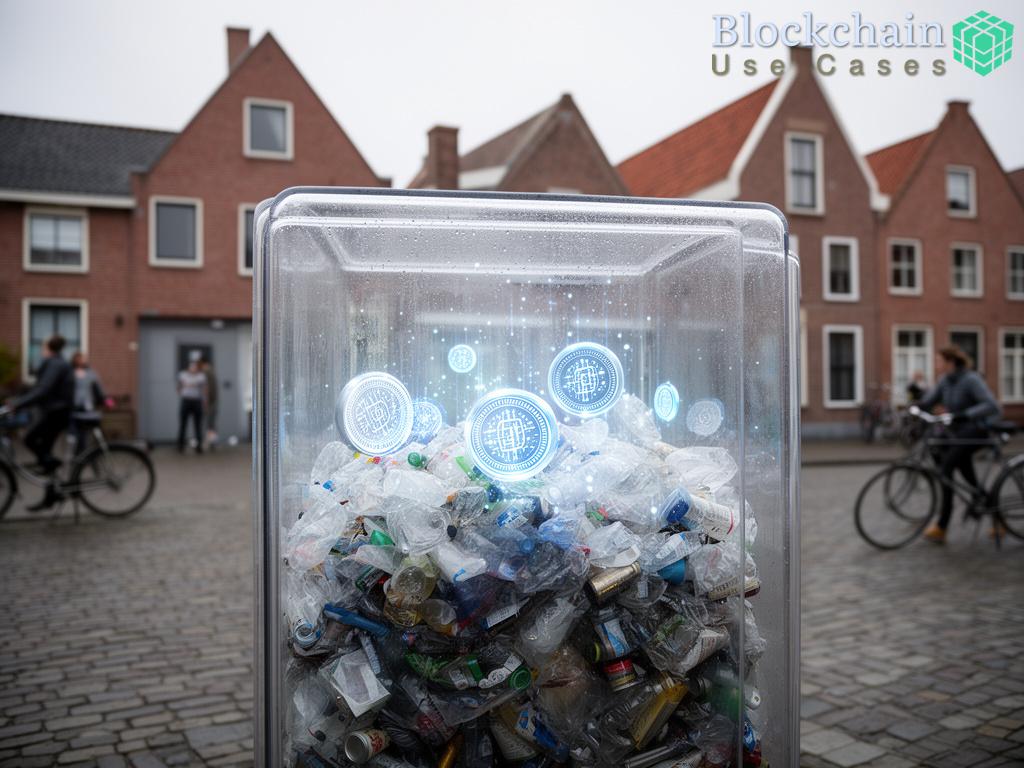The supply chain industry is in the midst of a significant transformation, driven by the need for enhanced safety and transparency, especially when it comes to hazardous materials. With rising concerns over environmental impact and regulatory compliance, traditional methods of tracking these materials are no longer sufficient. Enter blockchain technology—a game-changer that offers a new level of security and accountability. In this article, we’ll explore how blockchain can revolutionize the tracking of hazardous materials, ensuring that safety is prioritized at every step of the supply chain.
Unprecedented Transparency and Trust
![]()
One of the most compelling advantages of blockchain technology is its ability to provide an immutable ledger of transactions. This feature not only enhances transparency but also fosters trust among stakeholders in the supply chain. Each transaction related to hazardous materials is recorded in a decentralized manner, meaning that all parties have access to the same information in real time. This reduces the chances of tampering or misinformation, leading to a safer and more reliable supply chain.
Streamlined Compliance and Risk Management
Regulatory compliance is a significant concern for companies dealing with hazardous materials. Blockchain simplifies the process of tracking compliance by providing a clear and auditable trail of all transactions. This allows organizations to quickly demonstrate compliance with environmental regulations and safety standards. Moreover, real-time data access helps in effective risk management, allowing companies to proactively identify and mitigate potential hazards.
Here’s a concise overview of how blockchain can improve the tracking of hazardous materials:
- Enhanced Traceability: Each step in the supply chain can be traced back to its origin.
- Immutable Records: Once data is recorded on the blockchain, it cannot be altered, ensuring integrity.
- Real-Time Monitoring: Stakeholders can access real-time information, allowing for quicker responses to incidents.
- Cost Efficiency: Reduces paperwork and administrative costs associated with compliance tracking.
- Improved Collaboration: All parties involved can communicate and share information seamlessly.
In conclusion, the integration of blockchain technology into the tracking of hazardous materials offers an innovative solution to longstanding challenges in the supply chain. By embracing this technology, companies can not only ensure compliance with regulations but also prioritize safety and environmental responsibility. The future of supply chains is here, and it is powered by blockchain.




